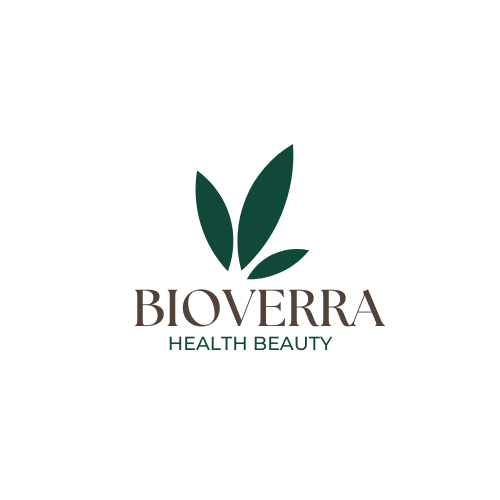
In recent years, terms like “plant-based” and “vegan” have become incredibly popular. You see them everywhere — on food labels, restaurant menus, and wellness blogs. But despite being used interchangeably, these two diets are not exactly the same.
While both emphasize eating plants and avoiding processed foods, there are key differences in motivation, flexibility, and what’s actually allowed on the plate.
Let’s break down the distinctions so you can decide which lifestyle fits your health goals.
What Is a Plant-Based Diet?
A plant-based diet focuses primarily on whole, natural plant foods — such as fruits, vegetables, whole grains, legumes, nuts, and seeds.
However, it’s not always 100% vegan. Some people who follow a plant-based diet still include small amounts of animal products, like fish, eggs, or dairy, in moderation.
The goal of a plant-based diet is health optimization, not strict avoidance of animal products. It’s about eating more plants and fewer processed or animal-derived foods to reduce disease risk and improve well-being.
Typical Foods in a Plant-Based Diet:
-
Fresh fruits and vegetables
-
Whole grains (brown rice, quinoa, oats)
-
Legumes (lentils, beans, chickpeas)
-
Nuts and seeds
-
Minimal amounts of meat, eggs, or dairy (optional)
What Is a Vegan Diet?
A vegan diet eliminates all animal products — not only meat but also eggs, dairy, honey, and even gelatin.
But it’s more than a diet — it’s a lifestyle philosophy that avoids using or consuming any animal-derived products.
Vegans often extend their choices beyond food, avoiding:
-
Leather, silk, and wool clothing
-
Animal-tested cosmetics or personal care products
-
Non-vegan supplements (e.g., containing gelatin capsules)
The motivation behind veganism is typically ethical, environmental, or animal-rights-based, rather than purely nutritional.
Typical Vegan Foods:
-
All plant-based foods
-
Meat alternatives like tofu, tempeh, seitan
-
Dairy alternatives (almond milk, oat yogurt, vegan cheese)
-
Plant-based desserts and snacks
plant-based vs vegan diet Key Differences
| Category | Plant-Based Diet | Vegan Diet |
|---|---|---|
| Main Focus | Health and nutrition | Ethics and animal welfare |
| Animal Products | May include small amounts | Completely excluded |
| Processed Foods | Avoided for health reasons | Can include vegan junk food |
| Motivation | Wellness and disease prevention | Ethical, environmental, and health |
| Flexibility | Flexible and customizable | Strict and rule-based |
Essentially, all vegan diets are plant-based, but not all plant-based diets are vegan.
Health Benefits of Both Diets
Both eating patterns offer major benefits when followed properly:
Improved Heart Health – Lower cholesterol and blood pressure
Better Digestion – High fiber supports gut health
Weight Management – Naturally lower in calories and fats
Reduced Risk of Chronic Diseases – Helps prevent diabetes and inflammation
Enhanced Longevity – Promotes healthier aging
However, vegans need to pay special attention to vitamin B12, iron, and omega-3 fatty acids, which are harder to obtain without animal foods.
Which One Should You Choose?
Your choice depends on your goals and values:
-
Choose a plant-based diet if your main goal is better health and flexibility. It allows you to enjoy mostly plants while occasionally including animal products if desired.
-
Choose a vegan diet if you’re motivated by ethical, environmental, or animal welfare concerns, and are committed to fully eliminating animal-derived items.
Both paths can lead to better health — the best one is the one you can sustain long-term.
Tips for Transitioning
-
Start slow – Gradually increase plant-based meals instead of eliminating foods overnight.
-
Focus on variety – Mix legumes, grains, fruits, and veggies for balanced nutrition.
-
Try new recipes – Experiment with plant-based versions of your favorite dishes.
-
Supplement wisely – Consider B12, vitamin D, and omega-3 if you go fully vegan.
-
Listen to your body – Everyone’s nutritional needs differ.
Conclusion
Whether you go fully vegan or follow a mostly plant-based lifestyle, both approaches can transform your health and energy levels — as long as you choose whole, nutrient-rich foods.
At the end of the day, it’s not about labels, but about nourishing your body and the planet in a sustainable, compassionate way.
Internal Link Suggestions
-
“Top Sources of Plant-Based Protein You Should Add to Your Diet”
-
“Plant-Based Diet Benefits: Why Going Green Is Good for You”




